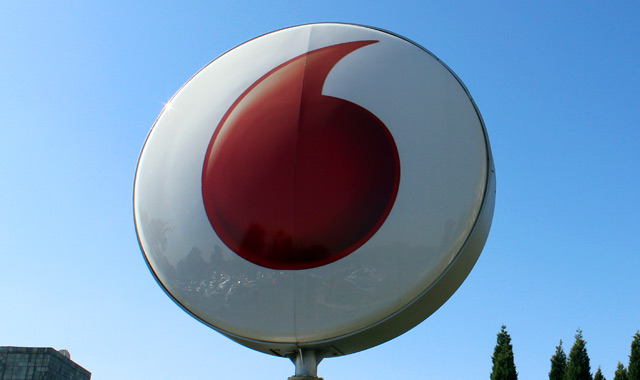 Last week was one of the most interesting in the history of telecommunications in South Africa. Telkom made its second bid in seven years for Business Connexion (BCX), while Vodacom and Neotel came to an agreement on a R7bn acquisition, which, if approved, will finally give the mobile operator a compelling offering in the enterprise market.
Last week was one of the most interesting in the history of telecommunications in South Africa. Telkom made its second bid in seven years for Business Connexion (BCX), while Vodacom and Neotel came to an agreement on a R7bn acquisition, which, if approved, will finally give the mobile operator a compelling offering in the enterprise market.
These types of events, which are relatively rare, inevitably bring about a debate on whether such consolidation is good or bad.
Last Thursday, telecoms consultant Dirk de Vos, who runs the corporate finance and advisory firm QED Solutions, argued on TechCentral against the Vodacom, Neotel transaction on competition grounds.
In short, De Vos pointed out, correctly, that Cell C has been instrumental in driving down mobile prices.
In effect, the mobile operator has started a price war for voice and data services. It’s a war that, I believe, it can’t possibly win.
I took the whole debate about consolidation in the industry from a different angle in a piece that was published recently on BDlive. I argued that consolidation in the sector is inevitable for three reasons.
The first is that revenue growth for Vodacom, MTN and Telkom in South Africa is effectively flat, even down a bit in real terms. Secondly, the price of both voice and data is falling fast. Finally, as a result of these falling rates, telecoms will increasingly become a volume game.
In his piece, De Vos turned to the US for global context, and specifically the decision in 2011 by regulators there to reject AT&T’s US$39bn offer for German-owned T-Mobile on the grounds that four nationwide mobile operators were better than three.
He rightly pointed out that after the failed acquisition, T-Mobile had to innovate in its product offerings to stand out from the crowd. That has turned out to be good for customers. But, like Cell C in South Africa, T-Mobile continues to lose money because in telecoms, it’s all about volume.
And for operators throughout the world, the preferred method of improving profitability is consolidation.
In the US, there has been a slew of acquisitions in the past decade, many by my former employer, SBC Communications (which eventually bought AT&T). These have been driven by profit growth limitations in the fixed-line sector. In that environment, the holy trinity of voice, broadband and video is the objective of every player.
AT&T this week bid $49bn in cash and shares for satellite TV giant DirecTV on the back of an earlier bid by Comcast to buy Time Warner Cable. If both of these deals go through, that leaves six nationwide companies offering Americans their mobile phone, broadband connectivity, Internet and subscription TV services. This may not sound uncompetitive, but it is. Due to network availability, licensing and legacy issues, some cities and towns will only have two service providers — and that’s bad news for customers.
What does this consolidation tell us about the Vodacom, Neotel deal? Vodacom CEO Shameel Joosub says the Neotel deal is motivated by access to its unused spectrum. I don’t buy it. Vodacom doesn’t have a compelling enterprise offering and Neotel has no mobile offering. The synergies are good. The deal makes sense. That’s why I think the Competition Commission will approve it, as it will Telkom’s acquisition of BCX.
Circling back to De Vos’s argument about the importance of competition in the mobile sector, particularly the survival of Cell C, some, including Joosub, have suggested that Cell C and Telkom Mobile should merge.

That would be fantastic for Vodacom and MTN — they could continue behaving like a duopoly, without technically being one. However, even before Telkom began the process of outsourcing its mobile network to MTN, such a merger doesn’t make financial sense.
We know Telkom Mobile is losing money and there is strong evidence that Cell C is as well. There are no easy answers here. Lots of smart people at Telkom and Cell C, and their strategic advisors, have been working on this problem to no avail.
With Telkom outsourcing its mobile network, there are effectively three mobile infrastructure operators remaining, with Telkom Mobile becoming a reseller. If Cell C’s shareholders run out of patience, that would bring us back to two. De Vos is right that this would be bad for consumers.
I’m reminded of one of my business school lecturers who said that the objective of every business is to become a monopoly. A lot has changed over the years, but not that.
- Gregory Sarandos is originally from the San Francisco Bay area. He has been working in South Africa for a dozen years, including for SBC Communications (now AT&T) and Telkom, as well as several start-ups.

